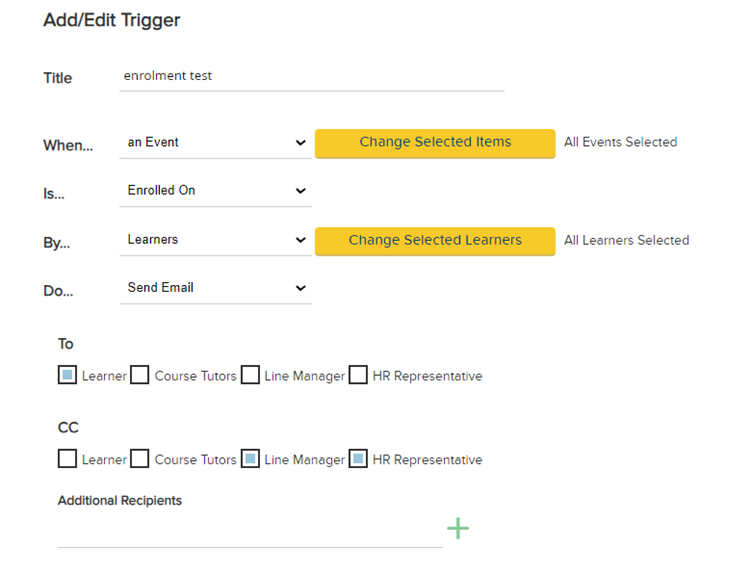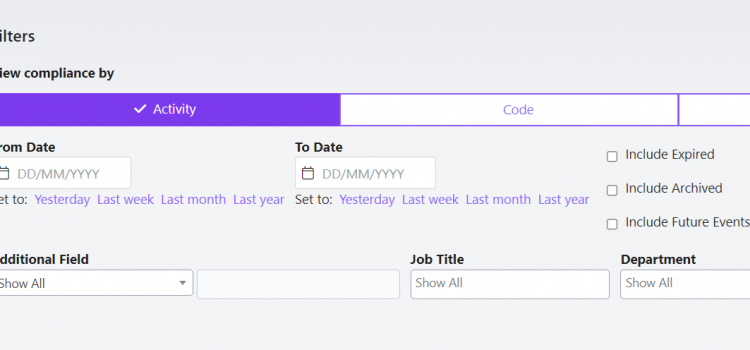1) Risk Assessment Version 3
We are delighted to announce the general release of our new and improved Risk Assessment Version 3 tool to the Astute Platform.
This feature is designed to allow customers to develop risk assessments which enable users to manage low-level issues and escalate high-level concerns directly to administrators for further investigation.
Available to all subscription-based customers, there are two guides available with further information on building risk assessments and management of concerns:
Risk Assessment Building Assessment
Risk Assessment Review and Manage
2) Additional Filters on Compliance Reports
New filters have been added to compliance reports, which will now default to exclude expired, archived and future events. Filters have been added to the report to include these events, along with filters by ‘job title’ and ‘additional field (s)’:

3) KPI Reporting
A new report in reporting and analytics is now live: KPI reporting. The KPI report is designed to give a simple, high-level overview of critical training and risk assessment data:
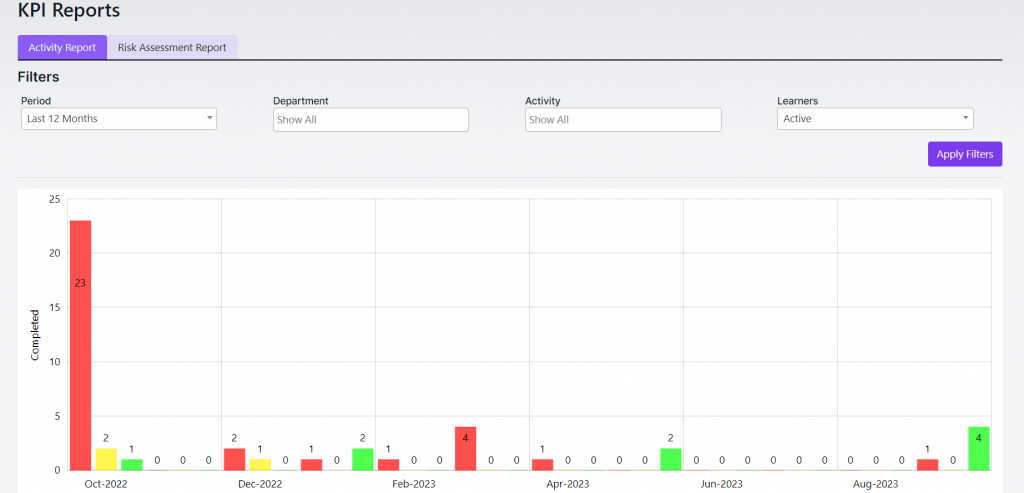
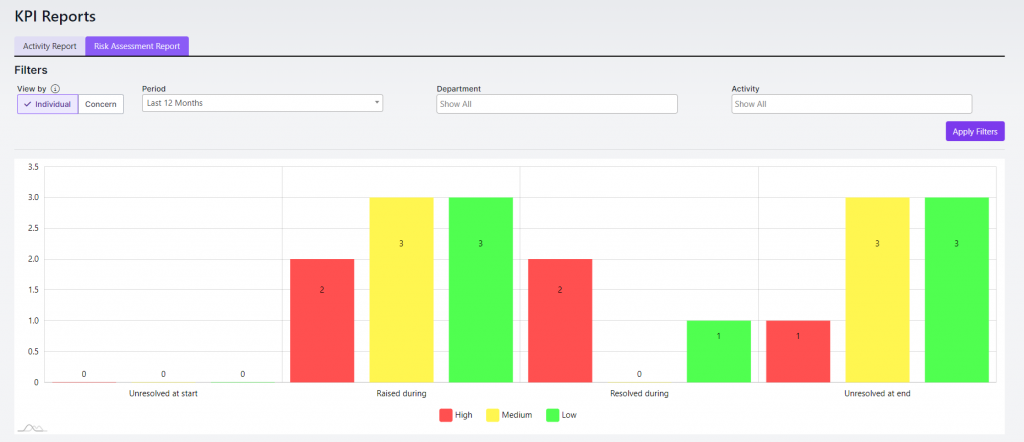
4) Additional Filters on Enrolment Activities
Additional filters have been added to enrolment activities, making it easier to search and filter activities when assigning to enrolment events:

5) Auto Enrol All Users in Enrolment Event Rules
Auto-enrolment has been updated such that all active users will be automatically enrolled on an event immediately upon selecting this option:

6) Archiving Enrolment Events – Workflow Update
The workflow associated with archiving enrolment events has been updated. Upon achieving an enrolment event, no further enrolments and / or re-enrolment will occur (whether manual or rules-based). Current incomplete enrolments will remain in place with learners until such time as these are completed, or the learner is removed from the enrolment event:
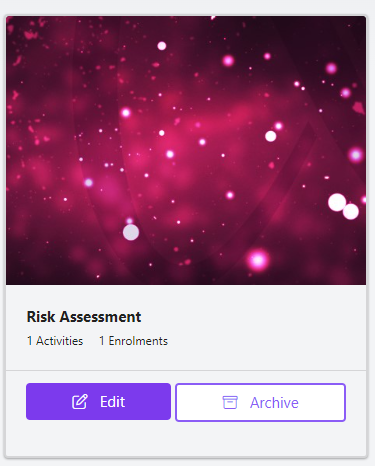
7) Additional Recipients to Trigger Emails
Additional recipients can now be added as a cc to trigger email notifications:
